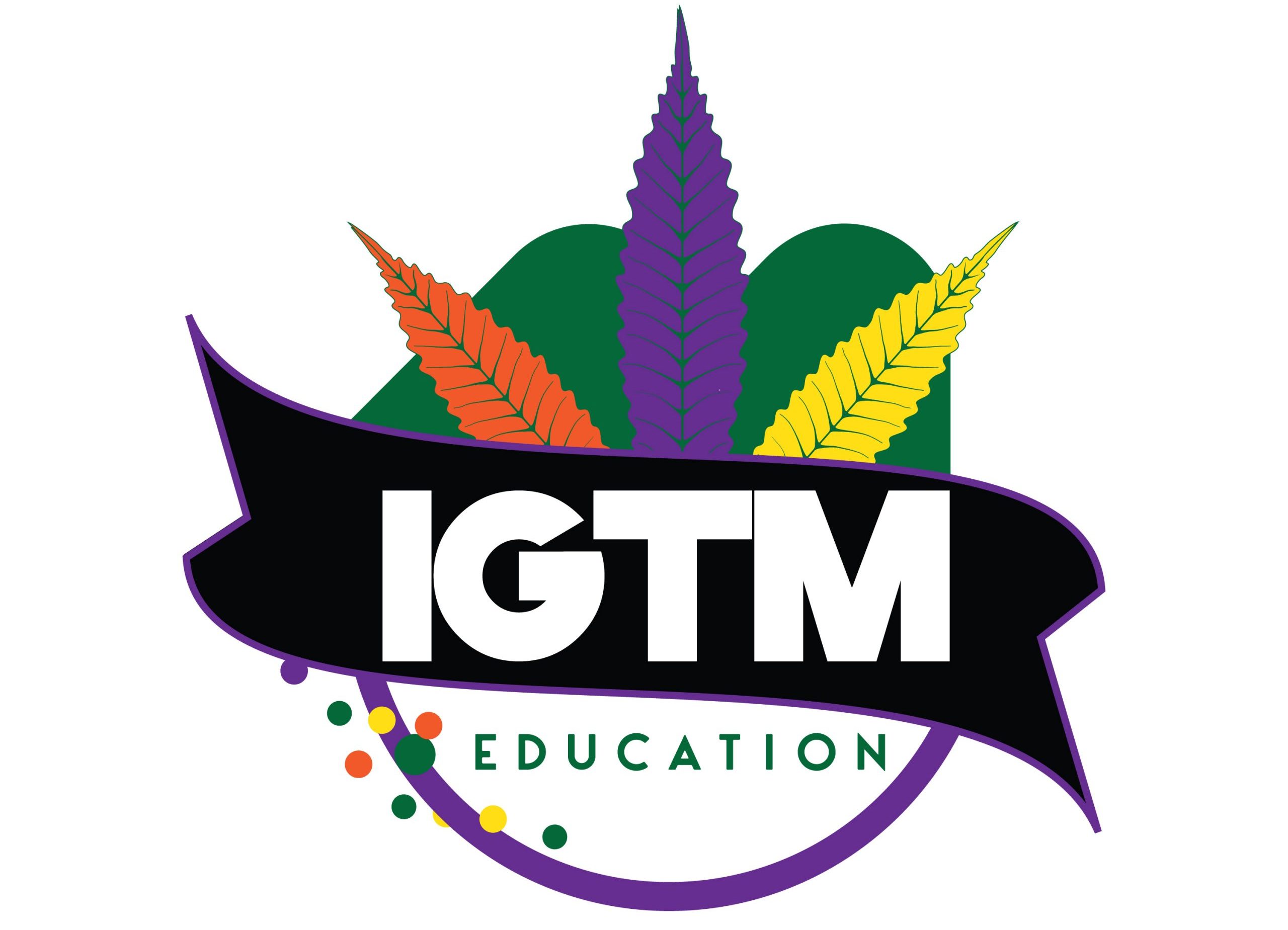Marijuana edibles are becoming increasingly popular, but doctors warn the substances are prone to accidental consumption or may pack too much of a wallop for new users.
Newly released numbers show marijuana overdose-related calls in Illinois jumped significantly after legalization, mainly due to edibles — but remained far below the number of calls for other legal drugs, including alcohol.
The number of calls to the Illinois Poison Center for cannabis rose from 487 in 2019, to 743 in 2020, the year recreational weed was legalized in the state, and increased again to 855 in 2021.
Many of the calls were for consumption of edibles, officials said. Edible cases more than tripled from 80 cases in 2019 to 450 in 2021.

“Looking at the reason for exposure, almost all were unintentional,” said Dr. Michael Wahl, medical director of the poison center. “People didn’t mean to eat them, or didn’t know what they were eating.”
Most regular consumers of cannabis have a better idea of what to expect and don’t call the center, he said.
Many of the calls are for children. Calls to the poison center increased for children 5 and under from 81 in 2019, to 278 in 2021.
Some calls involve visitors, such as grandparents or babysitters, to a home where they came across edibles, Wahl said. About two-thirds of the calls came from health care facilities looking for advice on how to treat marijuana intoxication. Most cases were not severe and were resolved over the phone, but some required hospitalization until the effects wore off.
Symptoms of severe THC poisoning can include respiratory distress, loss of coordination, lethargy and loss of consciousness, or in milder cases, anxiety, paranoia and heart palpitations. The effects depend largely on the amount consumed compared to body weight, which is why children can have more severe reactions.
Edibles avoid the harmful effects on the lungs from smoking pot, but may have more variable amounts of THC, the main psychoactive component in cannabis, and may take an hour or two to fully kick in, prompting some impatient users to take too much. As a result, cannabis companies advocate starting with low doses and taking time to see their effects.
Despite the increases, the number of cannabis-related cases pales in comparison to the thousands of calls for other legal drugs such as pain killers, cleaning products, sedatives and antipsychotics, cosmetics, antidepressants and alcohol.
Out of more than 80,000 calls to the poison center last year, 33,000 were for children under 5, so cannabis accounted for fewer than 1% of those calls.
Treatment often involves keeping the person calm and under observation, the center’s medical director said. All the cannabis patients fully recovered. Much bigger concerns, Wahl said, are drug interactions with alcohol, and the increase in fentanyl poisonings, including in counterfeit pills and in illegal cannabis.
No calls to the poison center involving cannabis have been fatal, but authorities warn that the drug may worsen the effects of other, potentially fatal substances.
Kevin Sabet, president of Smart Approaches to Marijuana, which opposes legalization, called the increase in cases an emergency.
“We need lawmakers to act now to restrict the potency of marijuana products,” he wrote in an email, “enact education campaigns on the dangerousness of today’s marijuana, and limit the influence of the marijuana industry in the state in general.”
The poison center doesn’t keep track of whether calls were for legal or illegal cannabis. But Pam Althoff, executive director of the Cannabis Business Association of Illinois, said unregulated cannabis products such as hemp-derived Delta-8-THC “weed light” and the highly potent THC-0 are more concerning than licensed, regulated cannabis, because consumers don’t know what they’re getting with such gray-market products sold in gas stations.
“I don’t see the need for more regulations (on legal edibles),” she said, “I see the need for more education.”
Despite the increase in cannabis use calls, another fear about legalization causing increased use among teens so far appears to have not panned out.
Adolescent cannabis use nationwide decreased significantly in 2021, according to the 2021 Monitoring the Future survey produced by the National Institute on Drug Abuse. The declines in teen drug use overall, thought to be related to restrictions prompted by the COVID pandemic, were the greatest since the survey began in 1975.
In addition, a prominent local treatment center for drug abuse, Rosecrance Health Network, has not seen a marked increase in long-term cannabis use disorder by itself, said Chief Medical Officer Dr. Tom Wright.
“With adults, we’re noticing the trend that cannabis use tends to be combined with other substances, such as alcohol,” he said. “We do anticipate a growing need for cannabis treatment as use continues to become more common.”
Those who suspect exposure to any harmful substance may call the Illinois Poison Center help line at 1-800-222-1222.
